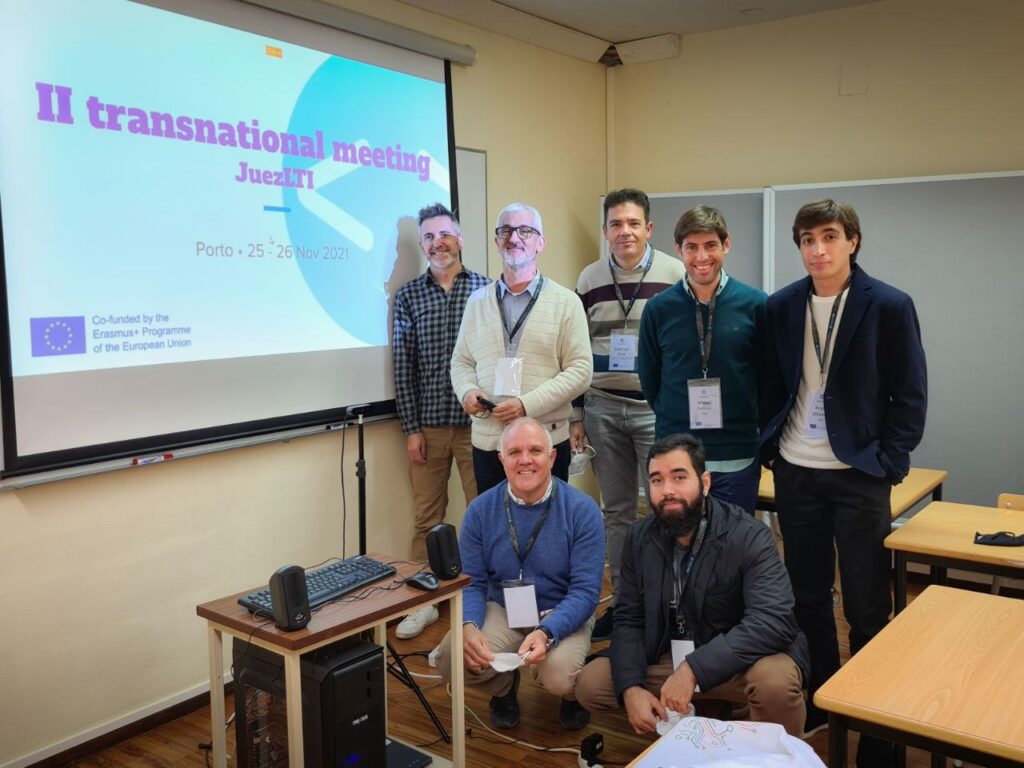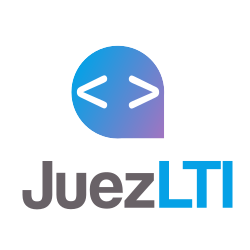
The second transnational meeting of the project takes place in Porto. The development teams of each partner have been working in a coordinated way on the tasks assigned to them, and the time has come to pool the entire infrastructure and release a beta version of the software so that it can be tested by external testers. The meeting focuses, therefore, on reviewing which features have been developed during these months, how they can fit together and which ones need to be delayed to later versions.
Likewise, a deployment plan for the public test platform is established since, to date, each development team has maintained its private test environment. The idea now is to launch a version open to the public and common to all to begin with the integration of features and get the necessary feedback from people who test the platform (beta-testers).
The agenda of the meeting is organized by presentations and is as follows:
(1) Technical status of the project (Alberto Sierra, CIFP Carlos III)
(2) Financial statement of the project (Juan V. Carrillo, CIFP Carlos III)
(3) Central repository (Bryan Oliveira, EdF)
(4) Integration with LTI (Miguel Pellicer, EdF)
(5) Creation of exercises (José Luis Cruz, CIFP Carlos III)
(6) Monitoring of the dissemination plan (Sureyya Akdağ, Bursa IL MEM)
(7) Deployment plan (Jörg Pareigis, Karlstad UNI)
(8) Publications plan (Ricardo Queirós, INESC TEC)
(9) Summary of agreements of the meeting (Alberto Sierra, CIFP Carlos III)
In relation to the technical status of the project, the good progress of the development work stands out. EdF is ahead in relation to the tasks to be developed, and has the docker containers ready for deployment, as well as the internationalization of the ready-to-use application, in the absence of translations from partners. The centralized question repository functionality has also been implemented. INESC TEC has integrated the YAPExIL standard format for questions, as well as importing JuezLTI from its repository. The independent feedback system is being worked on and an XML question evaluator is ready.
However, there is work to be done. In the short term, it is necessary to carry out the deployment of the beta platform, combining all the developments that, according to the team in charge of Karlstad, could be available in December. Going forward, the evaluator will need to be developed for database questions and extended to XML and multilanguage programming. It is also necessary to develop a comprehensive set of exercises in the coming months, to augment the one already available and extend it to new validators as they are developed.













